Best Conditions for Brick Veneer Installation
Brick veneer installations are typically best performed during moderate weather conditions to ensure optimal curing and adhesion. Temperature and humidity levels play a crucial role in the quality and longevity of the installation. Ideally, work should be scheduled during periods with consistent temperatures between 40°F and 85°F and low humidity to prevent issues such as mortar cracking or improper curing.
Spring and early fall are generally considered ideal for brick veneer work due to milder temperatures and stable weather patterns.
Regions with predictable seasonal changes facilitate planning and reduce delays in brick veneer projects.
High temperatures can cause mortar to set too quickly, while cold weather may hinder proper curing, leading to potential structural issues.
Scheduling installations during stable weather ensures proper mortar adhesion and reduces the risk of future repairs.
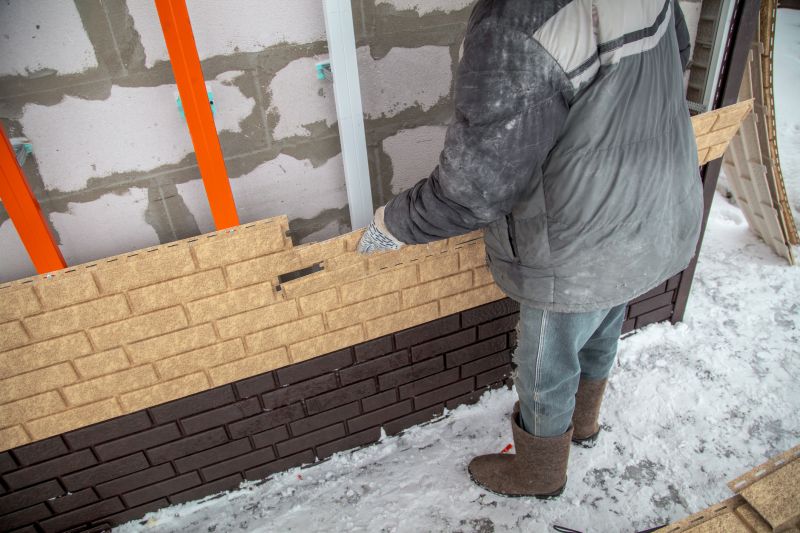
Workers applying brick veneer during mild spring weather.
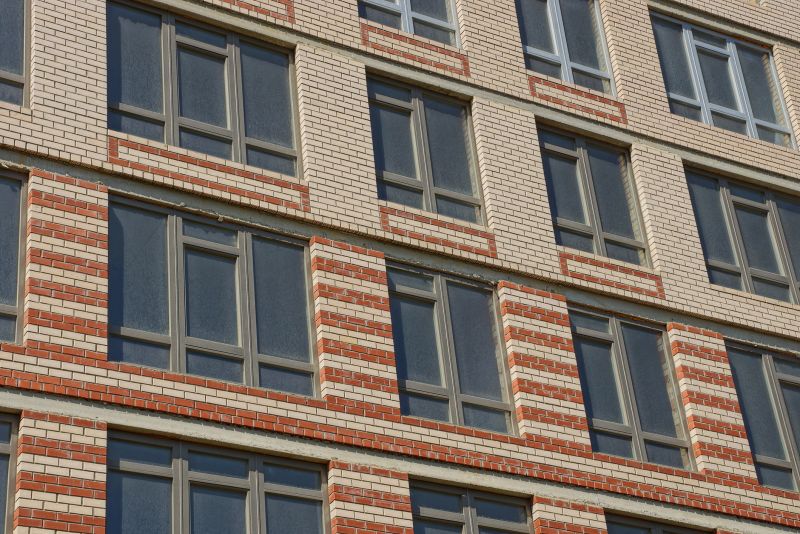
Brick veneer being installed in early fall with clear skies and moderate temperatures.
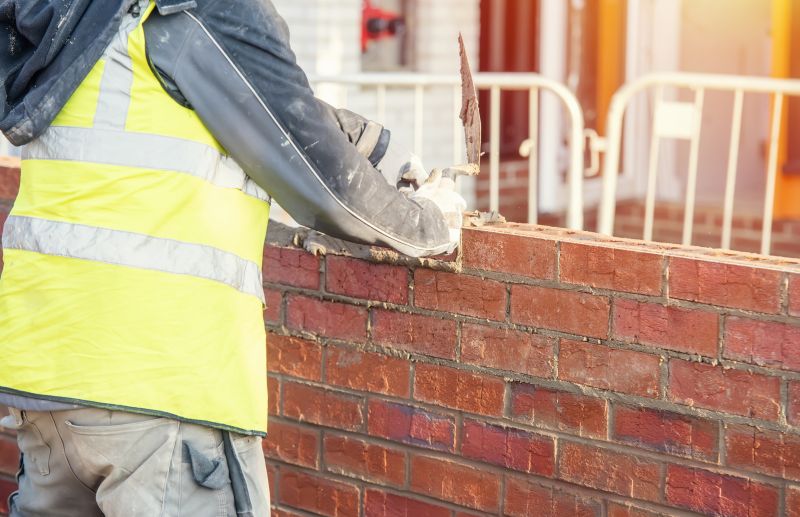
Preparation of work site in suitable weather conditions for brick veneer installation.
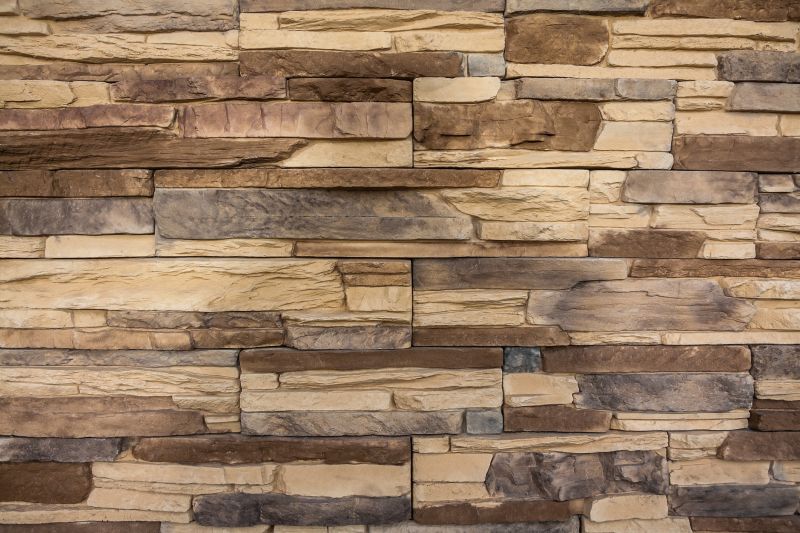
Ways to make Brick Veneer Installations work in tight or awkward layouts.
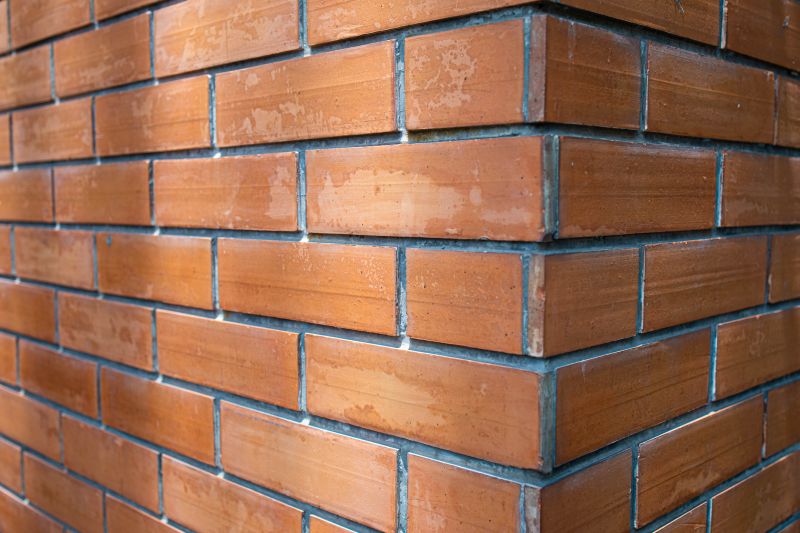
Popular materials for Brick Veneer Installations and why they hold up over time.
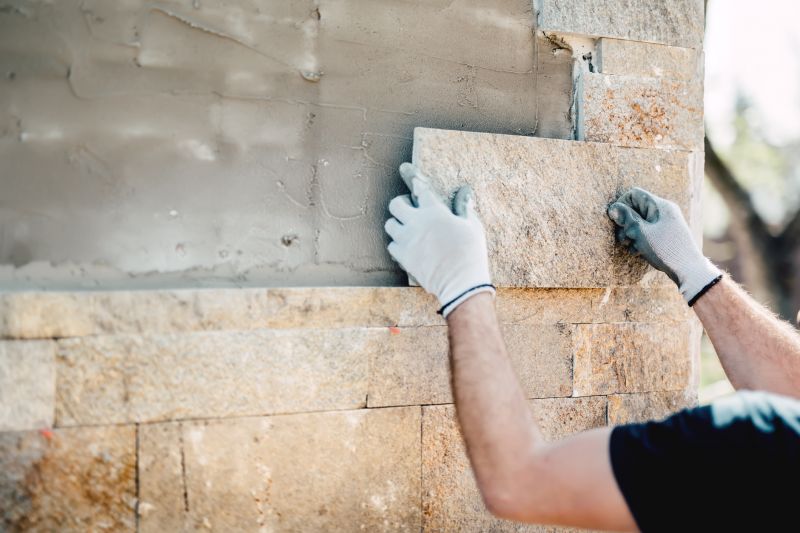
Simple add-ons that improve Brick Veneer Installations without blowing the budget.
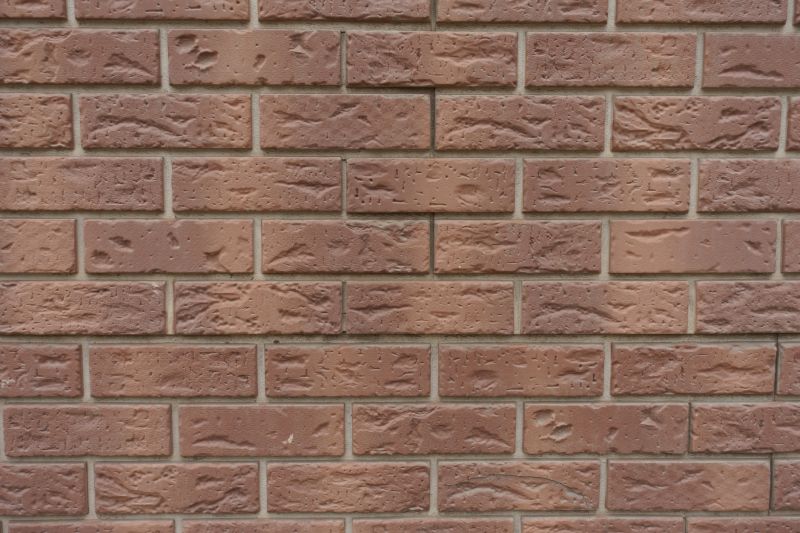
High-end options that actually feel worth it for Brick Veneer Installations.
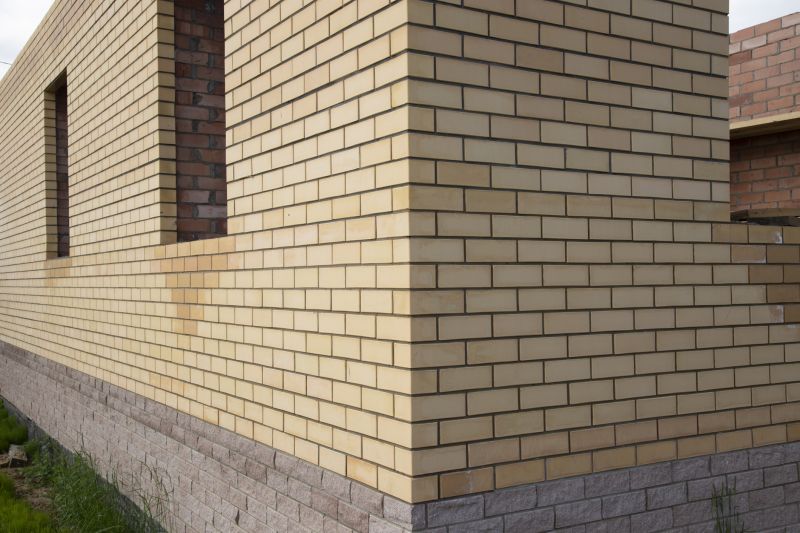
Finishes and colors that play nicely with Brick Veneer Installations.
| Season | Recommended Conditions |
|---|---|
| Spring | Moderate temperatures, low humidity, dry weather |
| Summer | Early morning or late afternoon to avoid heat, avoid high humidity |
| Fall | Mild temperatures, dry conditions, stable weather |
| Winter | Not recommended unless heated enclosures are used |
| Rainy periods | Avoid scheduling during heavy rain or snow |
Brick veneer installations require careful consideration of weather conditions to ensure durability and aesthetic quality. Proper timing minimizes risks associated with mortar failure, cracking, and moisture intrusion. By aligning installation schedules with favorable weather patterns, the longevity and appearance of brick veneer can be maximized.
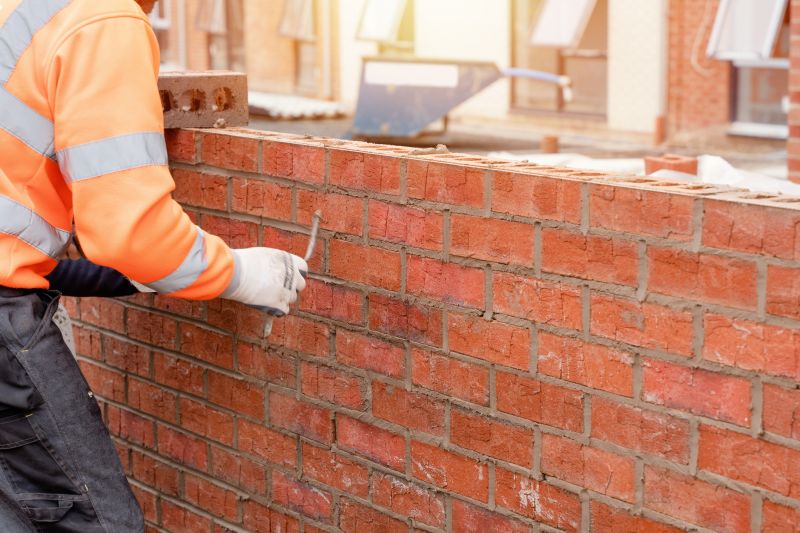
A completed section of brick veneer showing quality craftsmanship.
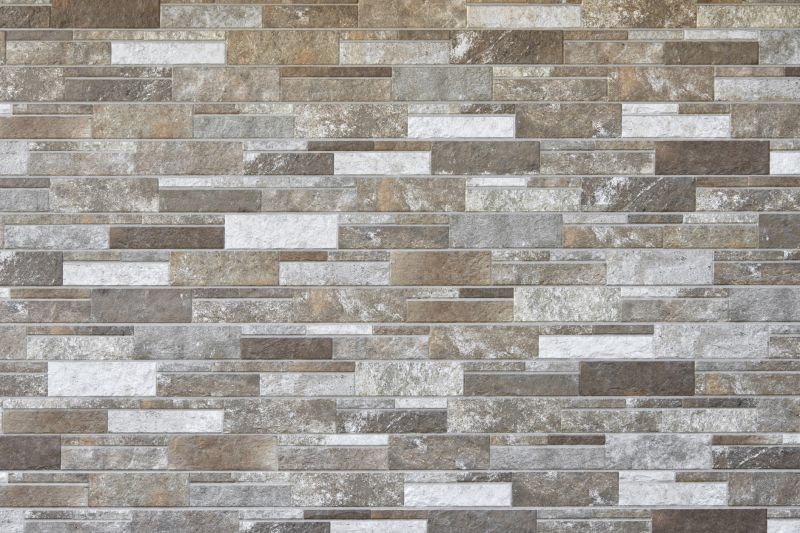
Preparation of the site to ensure optimal conditions for installation.
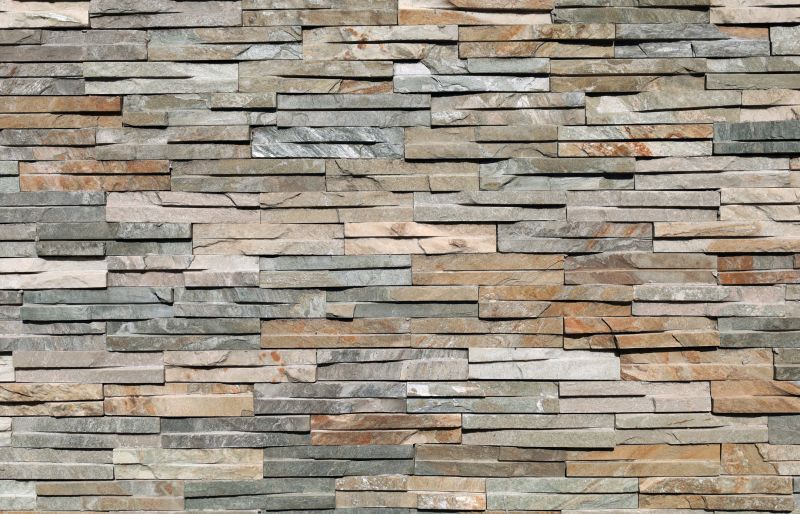
A durable brick veneer wall in a residential setting.
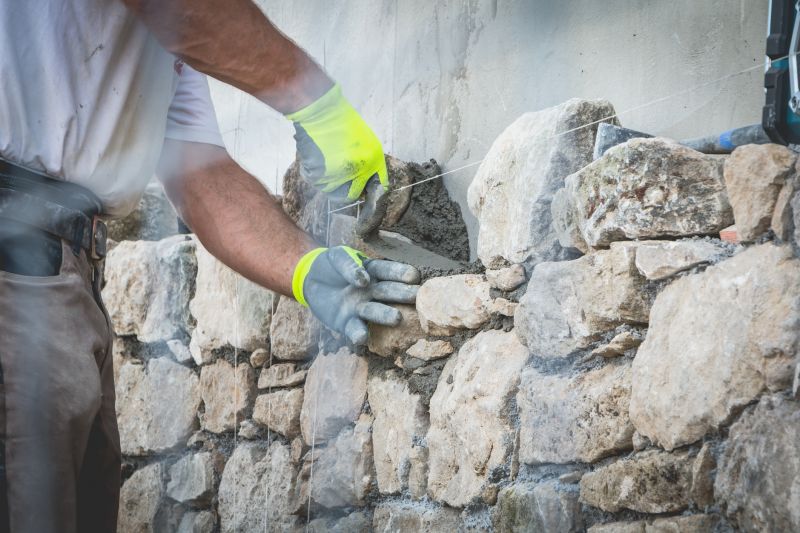
Scheduling brick veneer work during suitable seasons for best results.

Little measurements that prevent headaches on Brick Veneer Installations day.

A 60-second routine that keeps Brick Veneer Installations looking new.
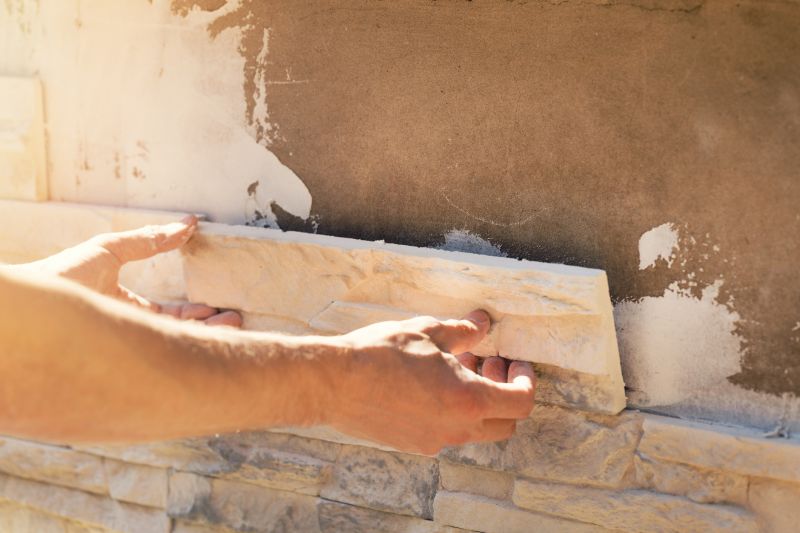
A frequent mistake in Brick Veneer Installations and how to dodge it.

Small tweaks to make Brick Veneer Installations safer and easier to use.
Interested in brick veneer installations? Filling out the contact form can provide additional information and assistance in planning your project for the optimal season.
